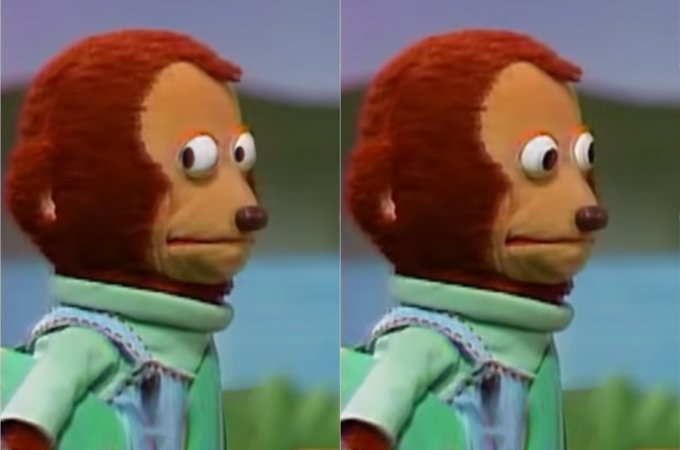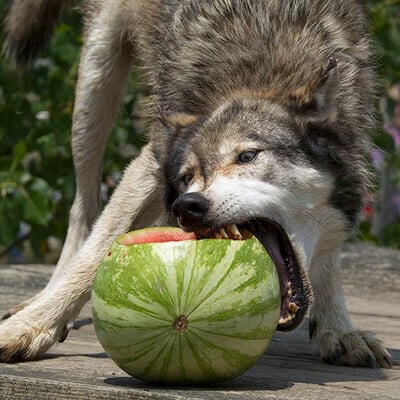To me it is chess. I know how the piece move but that is it.
Structurally I know how things should work, but sometimes trying to program it tho…

Last week I moved the cheesegrater so I could look behind it… for the cheesegrater.
There is so much I don’t know, so when I do know something there’s still someone who knows more than me.
My brain insists on telling me so several times a day so nowadays I just roll with it.
Same
Doesn’t mean you’re not smart. People’s brains work differently. Some people enjoy thinking five moves ahead, or memorizing standard plays and reactions. Other people are good at math or chemistry. Talents aren’t an “all or nothing” thing.
I know I’m not smart because I often need to do the same mistakes several times before i get it
You’ve gotta make the same mistake two or three times, just to make sure 😉
It’s the scientific method! Trial by repetition!
I’m smart enough to know that everyone is both smart and stupid.
I’m stupid enough to believe that doesn’t apply to me.
If you judge a fish by its ability to climb a tree, it’ll spend its life believing it’s a failure.
Yeah but I can’t even figure out how to breathe water
Admitting you don’t know everything is smart.
Continuing to still think you do know everything when you don’t is when you’re dumb by default.
one of the smarter folks of western civilisation history said “i know that i do kot know” so maybe asking yourself whether you are or are not smart is all it takes
People smart enough to realize how much they don’t know are most likely to think that they aren’t smart… and it takes a certain level of intelligence to do that.
Something something Dunning-Kruger Effect. Dumb people who know very little about a topic will tend to overestimate their knowledge about said topic. As you gain more knowledge about the topic, the more you realize you don’t know, and the less confident you are about it.
In extreme cases, it ends with the person having Imposter Syndrome. When a person is very knowledgeable and experienced in a certain topic, but believes they aren’t qualified enough to be considered an expert. They feel like an imposter who will inevitably get outed by someone more knowledgeable than they are. So they have a lot of anxiety about speaking on the topic, because they’re afraid it will result in them being outed as an imposter.
On chess, there is a moment in 2001: a Space Odyssey wherein HAL and Frank Poole are playing chess. A more attentive person than me pointed out HAL cheated. I paused and looked at the board forever. I almost gave up. I thought I would never figure it out. Finally figured it out! I have never felt so smart for wasting so much time.
Believing that you are smart, is the first sign of not being it. Even the smartest people will admit that they are mostly good at maybe a few areas, and at best average at everything else.
Any position I hold is toppled over with the slightest argument unless I have very recently done a ton of research on the topic. I have zero ability to recall whatever evidence I used to come to a conclusion. It’s incredibly frustrating because I do try to be informed about things but I just can’t defend anything at the pace of a normal conversation.
There are many types of cognition. I don’t feel I know much more than how pieces move but certainly I look at the board and possibilities. Some of it is spacial modeling and some is a sort of logical progression. That being said people that have particular chess gambits memorized. well that is just memorization. There is also talent and such to consider. That being said when you personally know somone who is good at some particular thing. Its sensible to follow their lead. I know folks who I would take their medical advice above others and others where I trust their economic viewpoints and others for their scientific.







